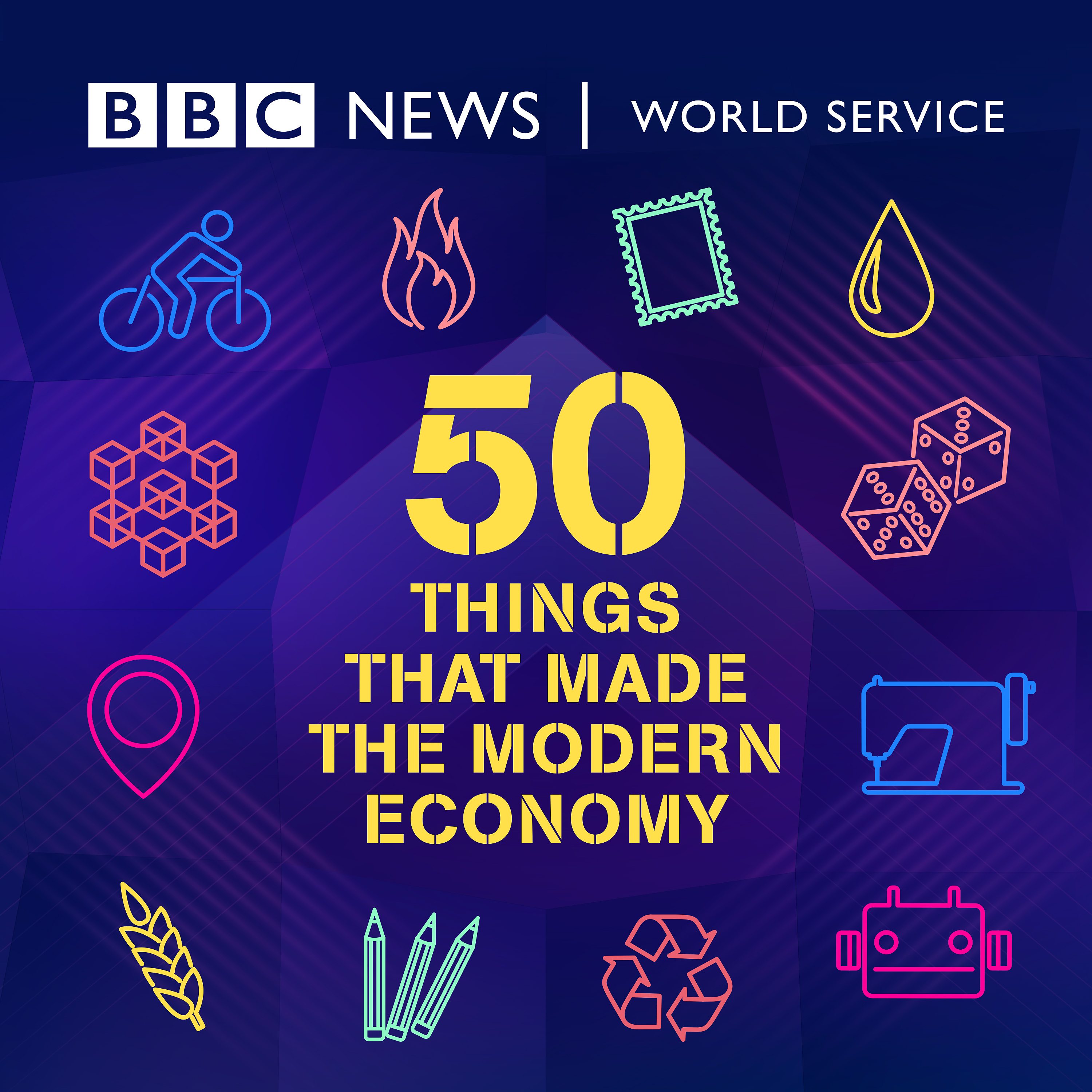

…
50 Things That Made the Modern Economy
Tim Harford tells the fascinating stories of inventions, ideas and innovations which have helped create the economic world.
Tim Harford tells the fascinating stories of inventions, ideas and innovations which have helped create the economic world.
All
Progress
Duration
Release Date